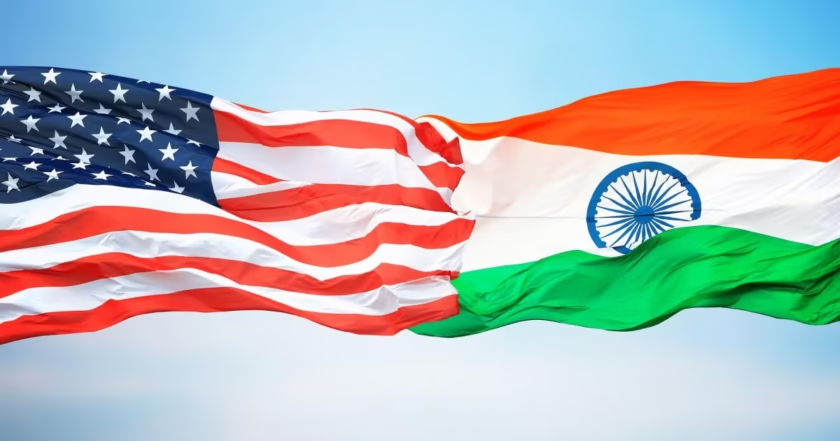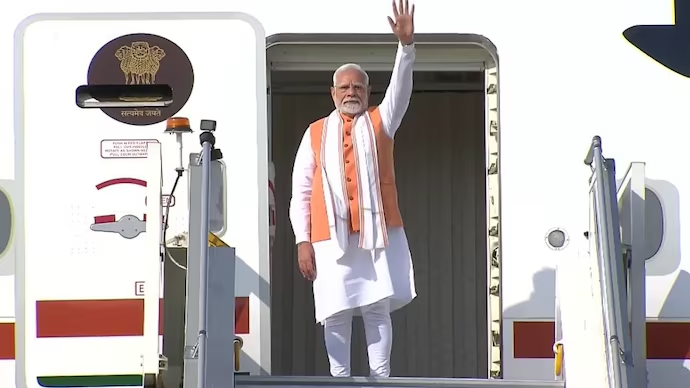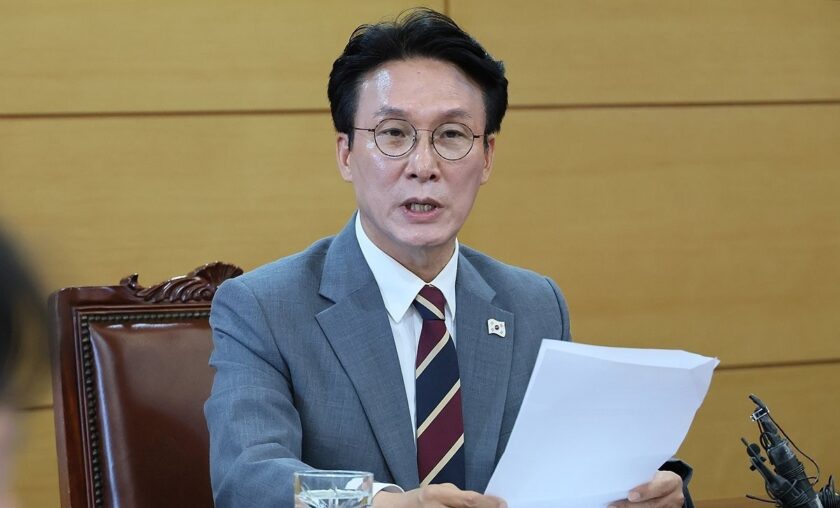Washington – US President Donald Trump escalated his rhetoric against India’s trade policies, asserting that New Delhi had decided to drastically cut tariffs on American goods due to his administration’s aggressive stance. “Somebody’s finally exposing them for what they have done,” Trump declared during an Oval Office briefing.
Trump has now criticized India’s high tariffs three times this week, calling India a “very high-tariff nation” and confirming that reciprocal tariffs would take effect on April 2.
“Our Nation Has Been Ripped Off”
“Our nation has been completely ripped off by almost every country, including Canada, Mexico, and others, from an economic, financial, and trade perspective,” Trump said. “We are subject to enormous tariffs from India, which prevent us from selling anything there. It’s almost limiting. It has limitations. We do very little business inside.”
Trump also accused the European Union, China, and several other nations of taking advantage of the US through unfair trade practices. However, he claimed that India had agreed to “drastically reduce their rates” due to his administration’s efforts in calling out unfair trade practices.
India’s Response: Pursuing a Bilateral Trade Agreement
Despite Trump’s statements, the Indian government has not formally announced any decision to lower tariffs on American goods. Instead, it is focusing on a multi-sector, mutually beneficial Bilateral Trade Agreement (BTA) with the US to enhance commercial ties.
“Our goal with the BTA is to improve supply chain integration between the two nations, expand market access, lower tariff and non-tariff barriers, and promote and deepen India-US two-way trade in the goods and services sector,” said Ministry of External Affairs (MEA) spokesperson Randhir Jaiswal.
Concerns Over Trade War Escalation

Union Commerce and Industry Minister Piyush Goyal recently visited the US to discuss concerns over potential US import tariffs on Indian goods. During his visit, he downplayed Trump’s remarks, suggesting that trade policies often shift during election seasons. Goyal’s trip was seen as an effort to persuade the Trump administration to reconsider reciprocal tariffs.
Santosh Kumar Sarangi, Director General of Foreign Trade (DGFT), warned that such measures could violate World Trade Organization (WTO) regulations. “If my understanding is true, Trump’s major point is that reciprocity will be important in the future, but it is extremely hard to interpret based on just one or two statements,” Sarangi stated.
Sarangi noted that while certain Indian exports face high tariff peaks, US exports are not always affected. “A number of agricultural products from India are subject to significant customs duties, but they are not major exports to the US. If the US employs reciprocity and levies tariffs on them, we won’t suffer much. However, this concept of reciprocal taxation may impact certain key sectors,” he added.
Legal and Economic Ramifications
Experts have raised concerns that Trump’s move could violate WTO regulations. While Trump has previously used Section 232 of the Tariff Act, which allows the US to impose tariffs on national security grounds, this approach has been contested in international trade forums.
The coming weeks will be critical in determining whether the US and India can navigate these trade tensions through diplomatic engagement or whether a full-blown tariff war will ensue. The implementation of reciprocal tariffs on April 2 could set the stage for a more contentious trade relationship between the two nations.






